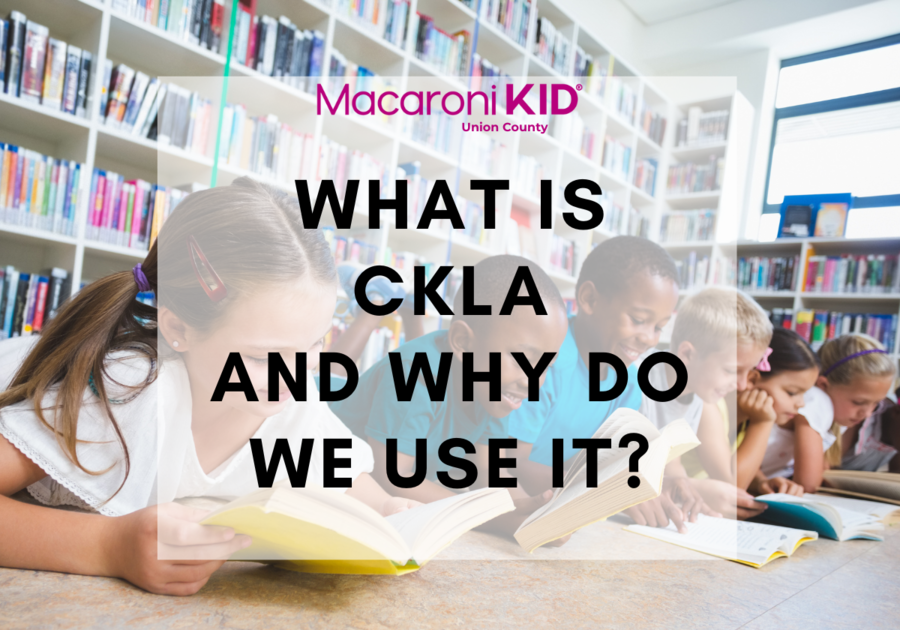Every week, I eagerly await the arrival of the "First Grade Weekly News" email from my child's teacher. Packed with important updates, reminders, and spelling lists, it's a window into the week ahead. But nestled within the contents lies something more profound – a roadmap for literacy development, courtesy of North Carolina's innovative reading curriculum, Core Knowledge Language Arts (CKLA).
For parents like myself, the Skills and Knowledge sections of the email are particularly enlightening. They offer insights into the specific reading strategies – phonemic awareness and phonics – that our children will be mastering that week. It's not just about decoding words; it's about building a foundation for comprehension and critical thinking.
But CKLA isn't just another curriculum; it's the culmination of years of research and training in the Science of Reading. For those of us who grew up with different methods, like the whole-word approach, this shift can feel intimidating. Yet, as I discovered firsthand, embracing phonics is essential for unlocking a deeper understanding of language – even for adults.
Here is some context. In 2021, NCDPI (the easier way to say and/or write the North Carolina Department of Public Instruction) required mandatory professional development for LETRS (Language Essentials for Teachers of Reading and Spelling). This evidence-based training was designed to improve reading instruction by giving teachers the tools and strategies based on the Science of Reading. All modules for teachers were completed by Spring of 2023, which happened to be my daughter’s kindergarten year. You will learn why this is important later.
LETRS is based on using phonics for reading instruction for strong decoding skills and language comprehension. LETRS itself is not a curriculum, but the science of teaching reading. The CKLA curriculum is the result of implementing a curriculum that supports LETRS. Before we go any further, let’s talk about the “science of teaching reading.” As a woman of a certain age, I was not taught to read utilizing phonics, but the whole-word approach – think sight words and memorization – and yes, I was fine…until I went to graduate school to complete my degree and training to be a school psychologist. Due to the Science of Reading, as an adult, I had to learn phonics to complete assessments with children correctly!
As an adult, that was intimidating; so just think of implementing this Science of Reading in a classroom, as a school district, and on the state level. The Science of Reading includes phonemic awareness, phonics, vocabulary, reading fluency, and reading comprehension. These skills build upon each other to create strong readers.
As the Executive Director of Huntington Learning Center Weddington and Fort Mill, where the Science of Reading has been a cornerstone since 1977, I've witnessed the transformative power of these teaching methods. And it's not just about individual success; it's about systemic change. In Union County Public Schools (UCPS), the adoption of CKLA and LETRS has been pivotal in driving student growth and bridging educational gaps.
As Dr. Houlihan, Superintendent, stated in an article from the fall of 2023, “we understand the importance of implementing this work {LETRS and CKLA} with fidelity, devising strategies, and bridging gaps for ongoing growth…equally vital is supporting teachers and administrators with necessary resources for effective implementation.”www.ednc.org
I consider myself lucky that my daughter's education started with CKLA in Kindergarten and greatly appreciate the opportunity afforded to my child to learn through the Science of Reading. But what about those who didn't start with CKLA from the beginning? Parents of older students may worry about missed opportunities and learning disparities. Fortunately, CKLA offers remediation resources to help students catch up and thrive.
As we navigate this new terrain of literacy education, it's crucial to stay informed and engaged. Whether it's checking out resources from coreknowledge.org or reaching out to educators for support, we all play a role in our children's journey to becoming confident readers and critical thinkers.
So, the next time those mid-year assessments roll around, remember – we're in this together. And with the right tools and support, our children can overcome any challenge that comes their way.
If you are concerned that your student has fallen behind or would like to ensure that they are reaching their full potential, give us a call at Huntington Weddington. We'd love to work with your student and set them on a path towards great success.
 |
Huntington Learning Center Weddington is located at 5945 Weddington Road, Suite 104. Call today ( 704-243-5782) to get your child the help they need and deserve.



